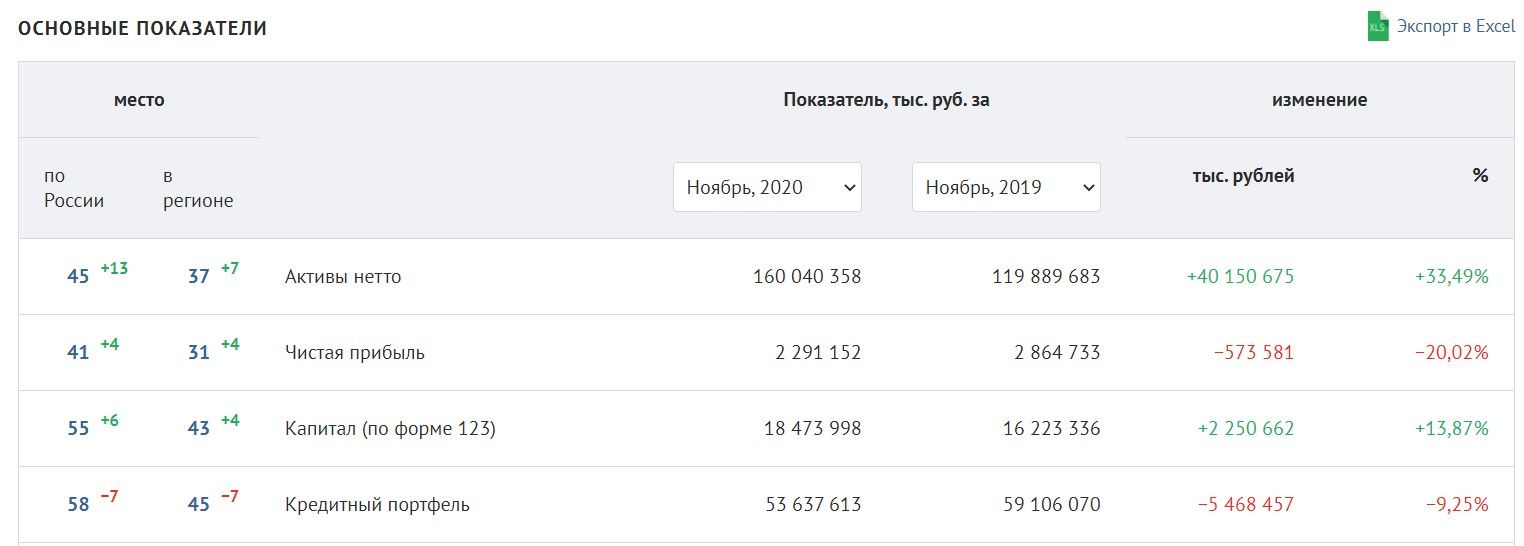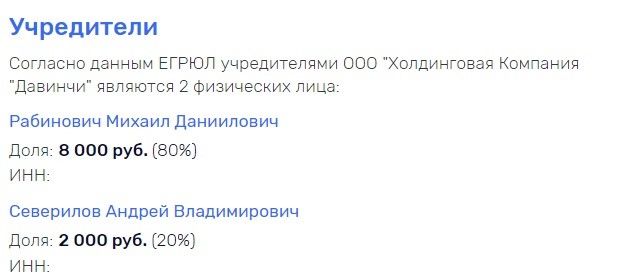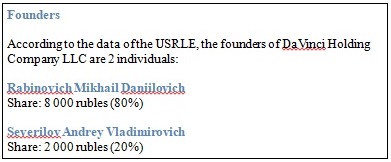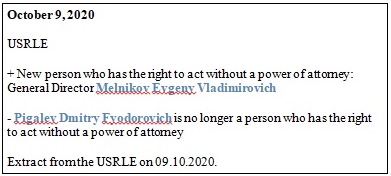Is it possible that money from Locko-Bank could be withdrawn to solve the construction problems of developers Stanislav Boguslavsky and Vladimir Davydik, as well as to take over the FESCO group for Mikhail Rabinovich?
According to the correspondent of The Moscow Post, Locko-Bank has problems with liquidity: according to rumours, in order to cover the financial hole, it massively blocks accounts and gets fines of 50 thousand rubles from legal clients. In addition, the Bank is looking for other sources to solve problems with money. However, where can the funds in the Bank come from, if the main shareholders seem to be able to withdraw money from there in order to solve their third-party business interests?
The largest shareholders of the credit institution are the Chairman of its Board of Directors Stanislav Boguslavsky and his daughter Yana, a member of the Board of Directors Mikhail Rabinovich, as well as Vladimir Davydik and his son Ilya.
In addition to banking, each of them has a fairly large business. Actually, this seems to be the reason for the current deplorable situation in the financial institution...
But first things first. Now there are rumours that Locko-Bank is even delaying wages payments. According to the data from Banki.ru, over the past 12 months, there has been a significant reduction in the loan portfolio - as much as 5.4 billion rubles. Deposits of individuals decreased by 1.6 billion.


And although in contrast to this, the net assets of Locko Bank have grown by 40 billion, now the Bank has problems with liquidity, according to the Analiz bankov portal. At the moment, the ratio of highly liquid assets (funds that are easily available to the Bank within the next month) and the expected outflow of current liabilities gives a value of 48.23%, which indicates a critical safety margin that is insufficient to overcome the possible outflow of funds from the Bank's clients. The current liquidity and expert reliability of a financial institution is unstable during the year and has a tendency to fall significantly over the past six months.


According to the authors of the Bank Secrecy telegram channel, the suspension of issuing deposits, which are the main source of funding for the Bank, is allegedly predicted now. Is total collapse next?
"Bells" have been appearing for a long time. According to the authors of Web-Compromat portal, allegedly back in 2017, the organization was suspected of losing money from its clients' accounts. Spiteful critics claimed that top managers of a financial institution could steal money from accounts and that the license would be revoked soon.
But then the disappointing forecasts still did not come true. Maybe because at that time there were still foreigners in its capital? According to Vedomosti, in March 2019, it became known that the last foreign organization, the Swedish investment Fund East Capital, which previously had 9.91% of the shares of Locko-Bank, was leaving the capital. It turns out that a new round of problems for the credit institution began after this event.
The money spent on the "war"?
If we look closely at the list of major shareholders, we can make an assumption about how this happened. In particular, the notorious Mikhail Rabinovich, who is now allegedly fighting with Ziyavudin Magomedov, who is in detention centre, for his last major asset, the FESCO group of companies, has a notable stake.
And, apparently, he is winning: according to Interfax, it was recently announced that he acquired 17.4% in FESCO. Could this have been done with money withdrawn from the Locko Bank?
The conflict over the asset even went public. As reported by Novaya Gazeta, Magomedov stated that the new owners of FESCO were carrying out a raider seizure of the Vladivostok Commercial Sea Port (part of the FESCO group). At the same time, the dockworkers staged a real "riot", throwing hardhats and not allowing the new management, who was allegedly connected with Rabinovich, to speak to the port employees. In response, the new owners accused Magomedov of withdrawing $1 billion from FESCO during the acquisition of a controlling stake in the company by the businessman and his partners in 2012. This was reported by TASS.
It is noteworthy that before this, Rabinovich did not "shine" directly in the company, although his affairs were noticeable. The fact is that recently the firms Domidias LTD, NovatorInvest, Nautilus entered the capital of the office - in total, they controlled 33.9%. And it turned out that the last two offices were somehow connected with Mr. Rabinovich.
The fact is that the founder of NovatorIvest is Yevgeny Melnikov, who simultaneously works as the General Director of the DaVinci Holding Company. In the latter, 80% belongs to Rabinovich.


Until recently, the General Director of NovatorInvest was Dmitry Pigalev who now - what a coincidence — is the head of Nautilus. Can Rabinovich be behind him/it, too?


What if Rabinovich is also behind Domidias LTD, registered in the British Virgin Islands? In this case, it may turn out that he now controls 51.3% of FESCO. That is, he has a controlling stake. Did the plan to "capture" Magomedov's asset succeed? And it seems that the funds "fished out" from the Locko-Bank could help in this. So is it the place where depositors can look for their money in case of something?
Building houses, destroying the Bank?
However, it seems that everyone is involved among the main shareholders of Locko-Bank. Take, for example, Vladimir Davydik and his son Ilya, who presumably can embody the "scams" together with Roman Timokhin's MR Group. The fact is that Ilya Davydik has a share in the business of Roman Timokhin's son, Vladimir - Hutton Development. The business families have several other joint assets: in particular, Business Reserve and Beta Plus. By the way, in the latter company, they are accompanied by the well-known Anatoly Kozeruk, General Director of GVSU Center.
Probably, the families have been cooperating with each other for a long time: back in 2007, MR Group started a project to build a multifunctional complex near the Baumanskaya metro station at a cost of about $500 million, as Kommersant reported. 70% of the amount was borrowed, and Locko-Bank was considered as a lender.
Is it possible that the Davydiks "pulled" the Bank apart for the common business with Timokhin? It is likely that they received the funds from the Locko Bank.
In addition, the Deputy Mayor of Moscow for Construction and Improvement, Pyotr Biryukov, is supposed to patronize the businessmen. The fact is that for some time Timur Gutnov was the holder of half of the stocks of MR Group. His brother, Ruslan Gutnov, is the former son-in-law of the capital's official. By the way, it’s a common knowledge, that the Biryukov family is related to the Garant-Invest Bank - does it mean that the money of Davydik and Timokhin can be "taken out" of it?
Davydik Jr. has a stake in the controversial MC DOMC, established by the developer MR Group. The MC has been "fighting" with residents of several new buildings in Moscow for many years. In particular, they say that MC, through a figurehead, initiated a general meeting of owners of the Yasny residential complex and demanded sign documents in its interests when accepting and transferring apartments. In addition, allegedly DOMС can raise rates for public utilities.
Apparently, another Locko-Bank shareholder, Stanislav Boguslavsky, is also developing his own projects quite successfully. According to Vedomosti, in January of this year, his company named Investitsionnoye Razvitiye won the auction for the sale of property to the SU-155 construction company and became the owner of a residential complex in Nagatino-Sadovniki. The assets went to her for 298 million rubles.
At the same time, Locko-Bank noted that they were not related to Boguslavsky’s transaction. In this case, a logical question arises: where does the office get the money from? According to Rusprofile, information about its financial performance are not available. The office was established at the end of 2019, has a minimum authorized capital of 10 thousand rubles, and employs only one employee. Did Boguslavsky "cut off" his piece from the Locko Bank?
It seems that the talk of spiteful critics about the likely imminent collapse of Locko Bank is not an empty phrase. The shareholders "drank" all the juice out of it and are ready to "close" the credit institution, aren’t they?


.jpg?v1606718262)
.jpg?v1606718262)